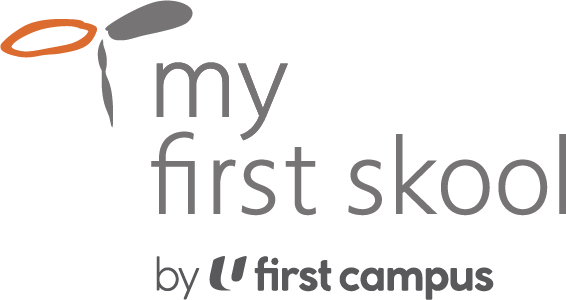How can we help?
Why Relationships-Based Education Matters
We are all products of our environment. This includes every person we meet: from family members and loved ones, to strangers and acquaintances who help to shape who we become.
We focus on building positive and trusting relationships between teachers, children, and parents because when a child feels happy and safe in an environment that stimulates them, learning happens. The bonds forged become the children’s essential building blocks of development — allowing them to thrive.
This is why for 45 years we have been leaders in preschool education. And this is the My First Skool difference.
Building Autonomy through Strong Family Relationships
Building Autonomy through Strong Family Relationships
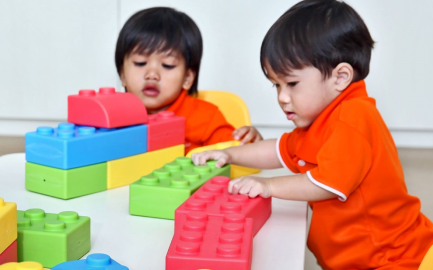
Parents are often the primary role models for their children, and when a child is brought up in a loving, stable, and supportive family, they are more likely to grow up happy and independent. The first relationships that children form with their family are the most important ones because they serve as a foundation that informs the child’s character and well-being.
We communicate closely with parents to better understand their child’s needs at home, so that we can adjust our teaching methods accordingly and create a sense of learning continuity between home and school. When children bear witness to a strong relationship between their parents and teachers, they feel more comfortable, confident, and eager to learn.
Teachers – a Secure Base to Thrive
Teachers – a Secure Base to Thrive
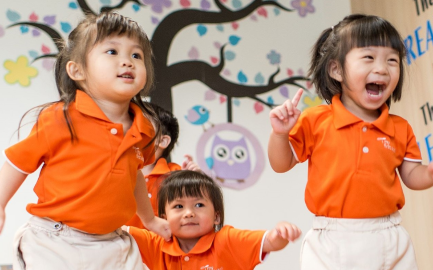
Our teachers and support staff go beyond teaching the subjects that they are good at — they act as a reliable and secure base that children can depend on, especially when they are away from home and in our learning environment.
When children have a strong relationship with their teachers, they are happier, more respectful, and more interested in their surroundings. Our teachers make great effort to understand the children under their care, so that they can help them thrive and flourish.
Positive Peer Relationships
Positive Peer Relationships
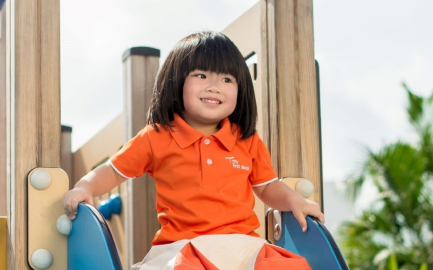
Early peer relations help to develop children’s social-emotional skills. They learn empathy, how to get along with others, and problem-solving as they befriend other children, weekend playmates, and neighbours.
At My First Skool, we promote interaction between children so that they can build a supportive network of relationships; as this helps to reduce any potential anxiety while allowing them to confidently express their true selves.
Strengthening Love for Mother Tongue Language
Strengthening Love for Mother Tongue Language
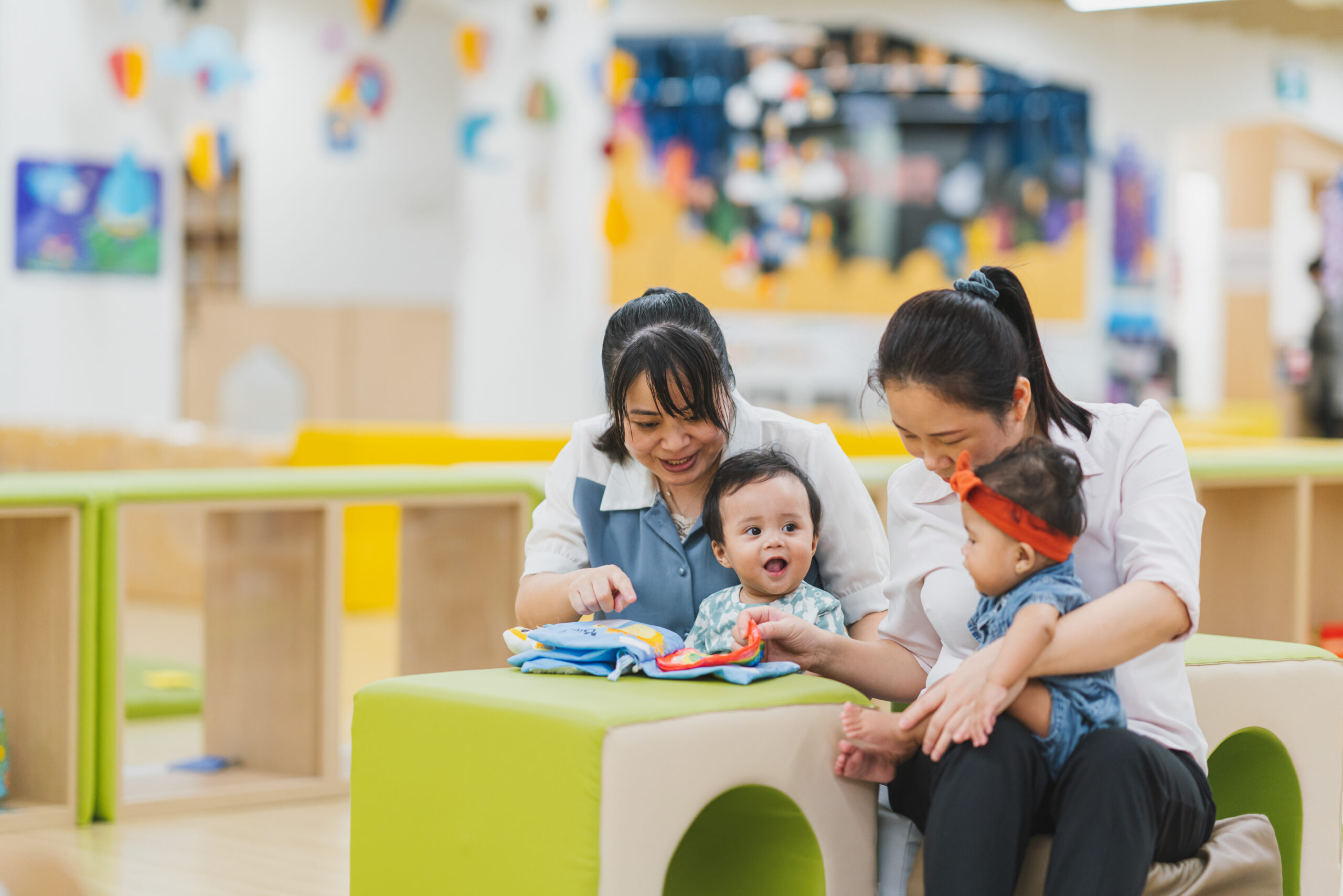
Mother tongue language helps to anchor children to their culture and creates the foundation to understand and appreciate other languages. Their ability to think and see in different ways is expanded, and their cognitive development is enhanced. Bilingual children are also more likely to build stronger social connections at an earlier age — and not be limited to only one style of thinking.
We incorporate mother tongue languages into everyday conversations with our children to reinforce the mother tongue as a living language. For example by speaking Chinese regularly, children acquire the Chinese Language naturally through daily interaction with others. Children also regularly engage in fun-filled Chinese language activities to cultivate their interest.

When children feel secure and attached, learning happens.
Our teachers constantly observe and document their children’s development so as to keep track of the children’s progression under their care and plan activities accordingly to challenge and bolster their learning.

Start Your Child’s Learning With Confidence
Registration only takes 5 minutes
